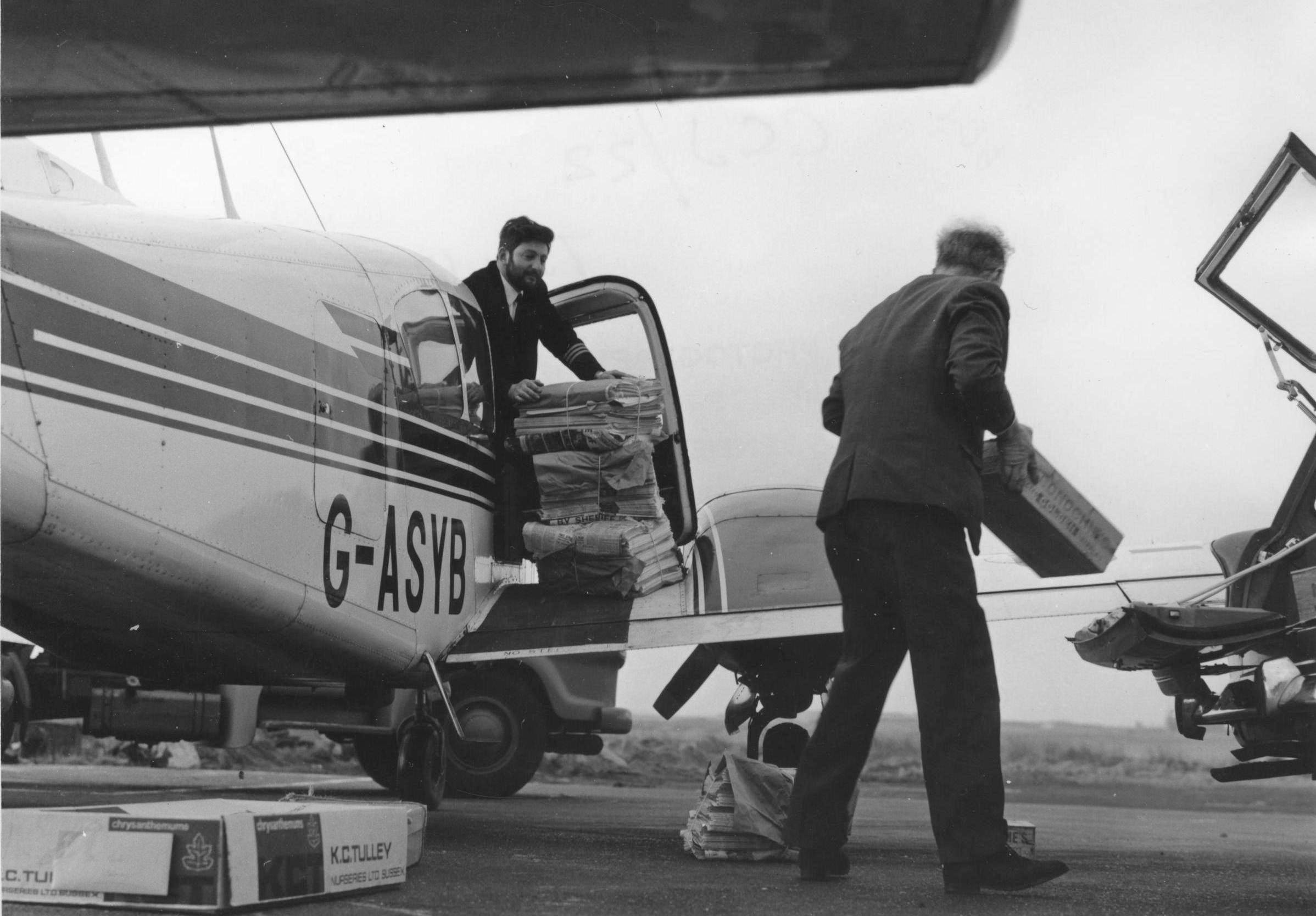Loganair: What happens next?
Plane Talk: The Glasgow-based airline is up for sale

Your support helps us to tell the story
From reproductive rights to climate change to Big Tech, The Independent is on the ground when the story is developing. Whether it's investigating the financials of Elon Musk's pro-Trump PAC or producing our latest documentary, 'The A Word', which shines a light on the American women fighting for reproductive rights, we know how important it is to parse out the facts from the messaging.
At such a critical moment in US history, we need reporters on the ground. Your donation allows us to keep sending journalists to speak to both sides of the story.
The Independent is trusted by Americans across the entire political spectrum. And unlike many other quality news outlets, we choose not to lock Americans out of our reporting and analysis with paywalls. We believe quality journalism should be available to everyone, paid for by those who can afford it.
Your support makes all the difference.Often when airlines are put up for sale, they don’t come out of it well. The British Airways low-cost creation, Go, was swallowed whole by easyJet and subsumed into the orange operation in 2003. Two of its key bases, at London Stansted and Newcastle, were closed during the Covid crisis.
Flybe fared even worse after it was put on the market in 2018; within 16 months the regional airline had gone bust. It has now been resurrected, but finds itself supplanted by Loganair as the UK’s biggest regional carrier.
Loganair has built a formidable heritage in the six decades since a businessman named Willie Logan founded it. The airline is much more than a transport business taking people from A to B: it is part of the fabric of Scotland, connecting the islands with the mainland and carrying everything from newspapers to hospital patients.
Among those “lifeline” routes are the shortest flight in the world – a two-minute hop between the Orkney Islands of Westray and Papa Westray – and a link from Glasgow to the only airport on a tidal beach, at Barra. Other accolades include being the first airline world-wide to ban smoking – in 1980, a decade ahead of British Airways.
While other domestic airlines have come and gone in what is a very turbulent industry, Loganair has been a going, and a growing, concern: increasing the fleet from one aircraft to more than 40. Many planes are based in Scotland for flights within the nation, but Loganair now flies a number of route between other countries – such as Stansted to City of Derry.
“Loganair has always been a sensibly run airline, benefitting from having private owners who were not obsessed with chasing growth above profits,” says Rob Burgess, editor of the Head for Points website.
“What it does well is pick routes with just the right amount of volume for its small aircraft: routes too thin for Ryanair or easyJet to fill an aircraft.
“The reason that the original Flybe collapsed was that, once it became a quoted company, the need to show constant growth to shareholders every year meant that it started acting irrationally – ordering jet aircraft, trying to compete against Loganair in Scotland, etc.”
At the weekend it emerged that Loganair itself is now up for sale. For the past 25 years, the Glasgow-based company has been owned by Stephen and Peter Bond.
The Gloucestershire-based brothers, now both over 60, deserve respite from the constant stress that aviation entails. But putting Loganair on the market could prompt concern among passengers and the 900 staff about the intentions of any buyer.
Could Loganair be acquired by another airline that is focused on feeder traffic to international operations, and whose plans give less regard to the current route network and passenger base? Or an owner who sees the airline as a vehicle for rapid expansion?
No, says the schedule analyst Sean Moulton: “The owners will only sell to a person or consortium who will respect Loganair’s history and safeguard its future.”
Rob Burgess concurs: “The best result for all stakeholders would be that it passes to another Scottish-based private owner who is content to let Loganair continue doing what it does best.”
Join our commenting forum
Join thought-provoking conversations, follow other Independent readers and see their replies
Comments